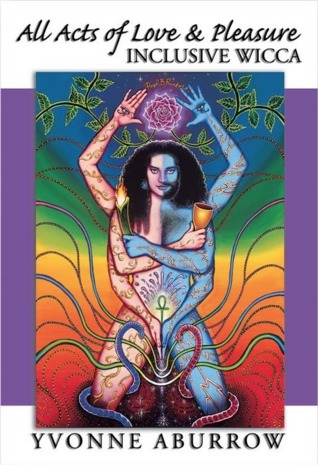I am so proud of my friend Linda, who gave the first ever Pagan reflection at the Scottish Parliament today. She did a brilliant job.
Continue readingA Beginner’s Guide
A Beginner’s Guide to Paganism
Kitchen witchery
What is kitchen witchcraft?
Kitchen witchcraft is basically cooking with magical intentions, or using cookery as the basis of a magical working. There are many ways of doing this, involving both methods and ingredients.
Continue readingSamhain and Halloween
Happy Hallowstide to all my readers!
If you enjoyed this post, you might like my books.
Autumn Equinox
There are three harvest festivals in the Pagan Wheel of the Year. The first is Lammas (also known as Lughnasadh) which is the grain harvest (wheat and barley). The second is Autumn Equinox, which is the fruit harvest (particularly relevant in southern Ontario with the huge fruit-growing region of Niagara). It is also the time when day and night are of equal length, but the nights are going to get longer until the Winter Solstice. The third harvest is Halloween (known in Scots Gaelic as Samhain, in Irish as Samhuinn, and in Manx as Sauin), which is when farmers would traditionally slaughter any animals they could not feed during the winter, and salt down their meat for food supplies over the lean cold months.
Continue readingRitual writing prompts
Ever had that feeling where you are staring at a blank sheet of paper and wondering what to write for your ritual?
Here are some writing prompts.
Continue readingHow I discovered the Craft
New inclusive Wicca videos
A few more videos from my YouTube channel, The Witch’s Mirror. Have you subscribed yet?
Continue readingPotted history of witchcraft
The other day I had a long rambling conversation with some people over Zoom where I ended up giving them a highly condensed version of a potted history of witchcraft.
This made me realize that I could make a short accessible series of videos on the subject. So I am doing exactly that, on my YouTube channel, The Witch’s Mirror.
Continue readingHow to write a coven enquiry letter
So you’ve read a book or two about Wicca, and now you’re looking to find out more, maybe join a coven. So you look on the Mandragora Magika group-finder page, and you find a group that you’re interested in.
So now you’re ready to write an inquiry letter to the coven. After you have read their entire website and any blogposts they have linked to from their site, of course.
Continue readingNotable & quotable: inclusive Tarot
It seems that inclusive Tarot is in the air, because I have seen two posts about it today.


